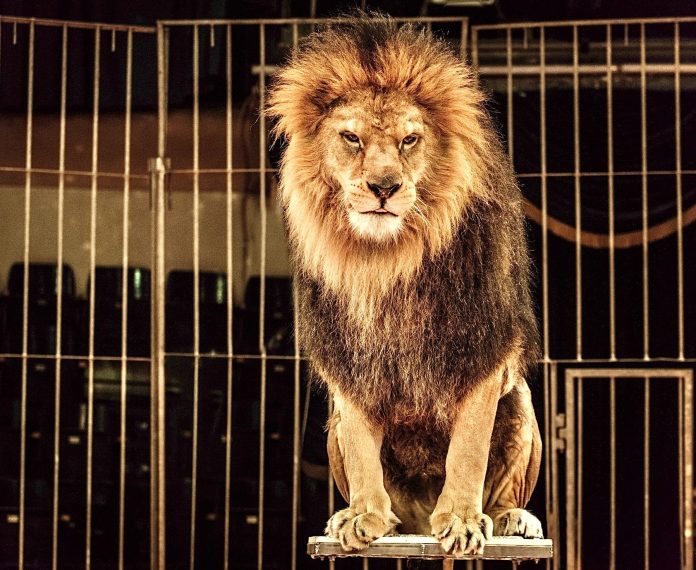
Massachusetts Passes Historic Law To End The Exploitation Of Elephants, Lions & Other Wild Animals In Circuses
You can help all animals and our planet by choosing compassion on your plate and in your glass. #GoVeg

You can help all animals and our planet by choosing compassion on your plate and in your glass. #GoVeg